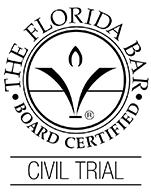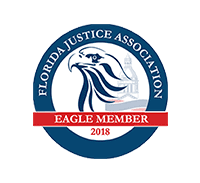Lakeland car accidents are stressful. Aside from the immediate physical and emotional stress, the loss of a vehicle’s value is an enormous headache.
However, Florida law asserts that drivers who are the victims of car accidents are entitled to compensation for the loss in value that their vehicle suffers after being involved in a crash.
What is Diminished Value?
Even if your car is not completely totaled, it’s value is often severely reduced by having been involved in an accident. Vehicles that have had to undergo repairs after a crash depreciate at a rate 10-25% higher than if they had never been involved in a crash. This means that if you attempt to sell your vehicle, you will have to do so for substantially less money.
Motorists who have suffered such a loss to their vehicle’s value are entitled to compensation from the at-fault party’s insurer. The claim can not be filed with the vehicle owner’s insurer unless they have uninsured motorist coverage and it is determined that the at-fault driver’s insurance would have covered the diminished value if they had any.
The McHale Vs. Farm Bureau Mutual Insurance Co. case determined that the damages must cover the full cost of repairs and the vehicles’ market value loss. The Court’s ruling also made known that the burden of proof lies on the plaintiff when bringing such a claim forth.
How Long Do I Have to File a Diminished Value Claim?
The statute of limitations for diminished value claims in Florida is three years. The plaintiff must be able to prove that the value of their car has diminished, and to what degree. Oftentimes, though, insurers try to fight these types of claims.
This is why the help of an experienced attorney is imperative. A lawyer can assist you in obtaining the post-accident value of your car from experts in the field, and handle every detail of your case in order to make sure you receive the compensation you are entitled to.


![cftla-member[2]](https://www.1800askdave.com/wp-content/uploads/2022/03/cftla-member2.png)
![cftla-member[3]](https://www.1800askdave.com/wp-content/uploads/2022/03/cftla-member3.png)










